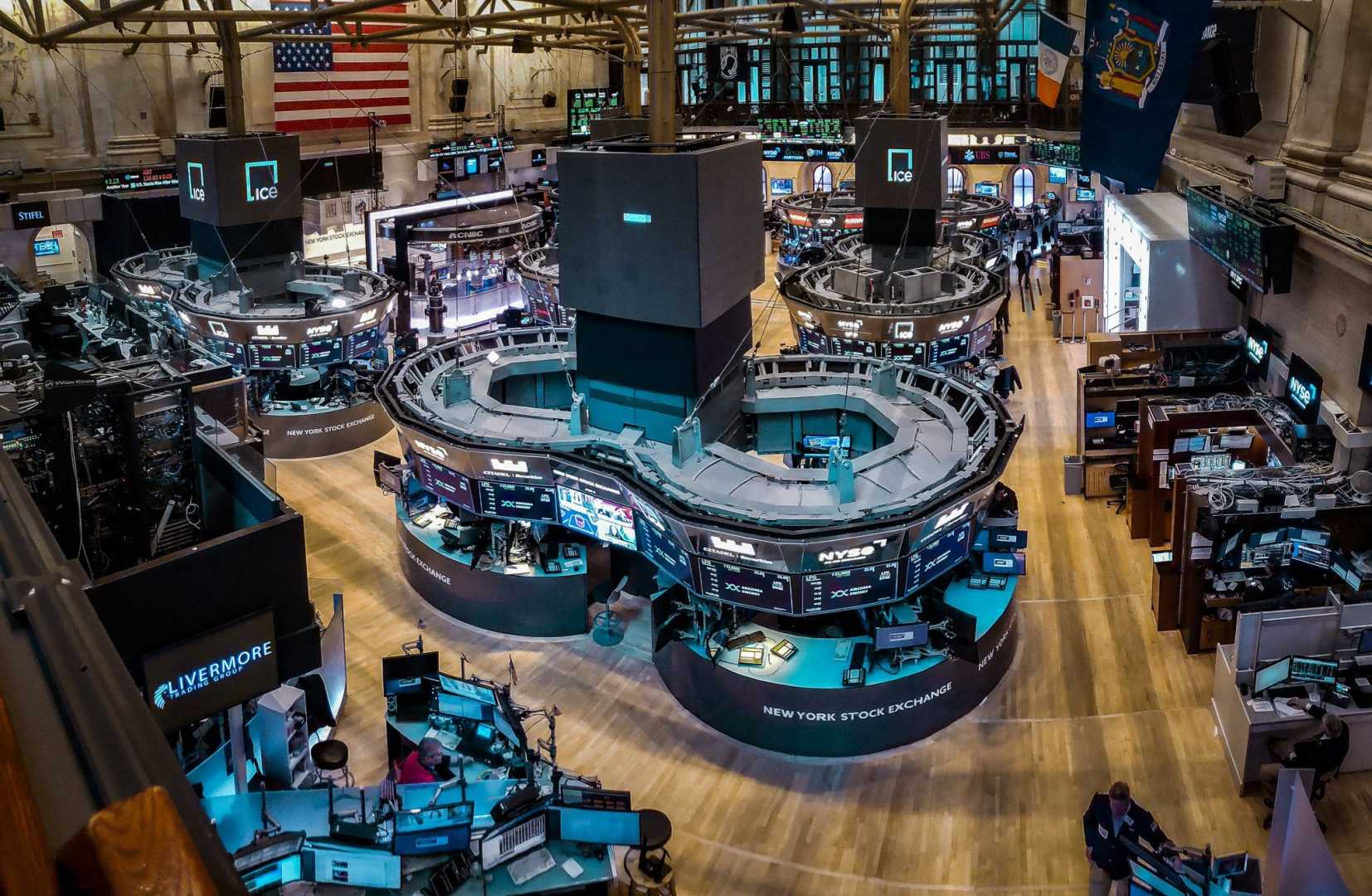Business
Stock Market Volatility: Tariff News Leads to Historic Gains and Losses

NEW YORK, April 9, 2025 — The U.S. stock market saw dramatic swings this week, culminating in historic gains as President Donald Trump announced a 90-day pause on various tariffs that had sent markets into a tailspin. The Nasdaq Composite surged 12.2% on Wednesday, marking its second largest gain on record, despite dropping significantly by 5.1% on Thursday.
The S&P 500 and the Dow Jones Industrial Average mirrored the volatility, rising 7.9% and 9.5% respectively on Wednesday, only to decline afterwards. The Dow fell 1,400 points, or 3.5%, on Thursday, leading to concerns about the market’s stability after such aggressive swings.
Trump’s tariff announcement included raising tariffs on China imports to 125% while maintaining a 10% rate for other trading partners. The abrupt shift in trade policy left many investors reeling, particularly as the S&P 500 briefly dipped below 5,000 points for the first time in nearly a year.
This volatility contributed to a staggering loss of $5.83 trillion in market value within four days, the steepest decline since the index was founded in the 1950s. Lindsey Bell, chief market strategist at Clearnomics, noted, “Market participants were hopeful that we would receive signs of compromise, but the momentum heading into the deadline dashed those hopes.”
The spike in uncertainty prompted flight to safety assets, significantly boosting gold prices, which closed up 3.2% at a record $3,155.20 an ounce. Robert Yawger, a strategist at Mizuho Securities, commented, “Gold continues to capitalize on its status as the last safe haven standing” amid ongoing market volatility.
On the trading floor, major tech stocks experienced substantial gains following the tariff pause. Companies like Tesla saw a 23% increase, while chipmakers Nvidia and Broadcom both surged over 18%. Airline stocks also benefited, with Delta Air Lines and United Airlines up 23% and 26% respectively.
As quarterly earnings season approaches, analysts anticipate potential impacts from the tariffs on corporate profits, with upcoming reports from major banks such as JPMorgan and Wells Fargo garnering particular attention.
Despite Wednesday’s rally, the major indexes remain significantly below their pre-tariff levels. Goldman Sachs adjusted its recession forecast, reducing the likelihood from 65% to 45%, illustrating the unpredictable nature of market responses to Trump’s fluctuating trade policies.
Overall, as tensions simmer between the U.S. and its trading partners, market observers will be closely watching how companies communicate the impacts of current trade policies during their earnings calls.












